As soon as parliamentary election results in Russia were announced on September 20, opposition parties, independent observers, and Western countries decried blatant ballot-stuffing to favor President Vladimir Putin’s party, United Russia. Election authorities credited the party with about 50 percent of the national vote, despite preliminary results and pre-election polling projecting a far lower tally. The distribution of votes will allow United Russia to maintain a constitutional majority in the Duma, Russia’s legislature. Protests against the vote-rigging were nearly nonexistent, as the only party to organize a demonstration defending free and fair elections was, in a historical irony, the Communist Party. And despite criticism of the tainted vote from the United States and the European Union, democratic countries are sparing Putin any repercussions from stealing the election. Why isn’t Vladimir Putin facing any international consequences—or even any significant opposition in Russia—for falsifying election results?
Garry Kasparov, one of the greatest chess players in history, is a longtime Putin critic who fled Russia in 2013 and now serves as the chairman of the Human Rights Foundation. In Kasparov’s view, Putin’s power in Russia is almost untouchable, regardless of the level of public support he might have. He controls an enormous financial arsenal, including the country’s entire budget, filled with revenue from gas and oil exports, and he has the obedience of the country’s oligarchs. Western European democracies shy away from confronting Putin, Kasparov says, because they depend on Russia for natural gas, a dependence reinforced by the recently completed Nord Stream 2 pipelines, which will transport gas directly from Russia to Germany under the Baltic Sea. As Kasparov sees it, the United States is in a phase of retreating from global engagement, which leaves autocrats like Putin secure.
Michael Bluhm: What happened in the elections?
Garry Kasparov: When you use the word elections in Russia, you have to put it in quotation marks, because it’s not elections. It’s a charade. It’s a decoration.
Fifteen years ago, the organization I founded there—the United Civil Front—declared that the regime would never change through the ballot. People pointed at us and said, Radicals! They want revolution. We were pragmatists. We knew that, once KGB, always KGB.
With the worsening economic situation, growing dissatisfaction and apathy, and a rejection of the regime’s policies, they have to add more and more fraudulent votes to their tally. The latest report I saw from experts said that United Russia got an extra 14 million votes. That’s 50 percent of what they got overall. It shows that there’s no bottom.
As Joseph Stalin used to say, It doesn’t matter how you vote. What’s important is who counts. It’s very important for the free world to understand that it’s a charade, and it has nothing to do with the will of the Russian people. Russia is a one-man dictatorship, and the dictator finds it convenient to use this procedure to keep some democratic decorations to cover his dictatorial powers.
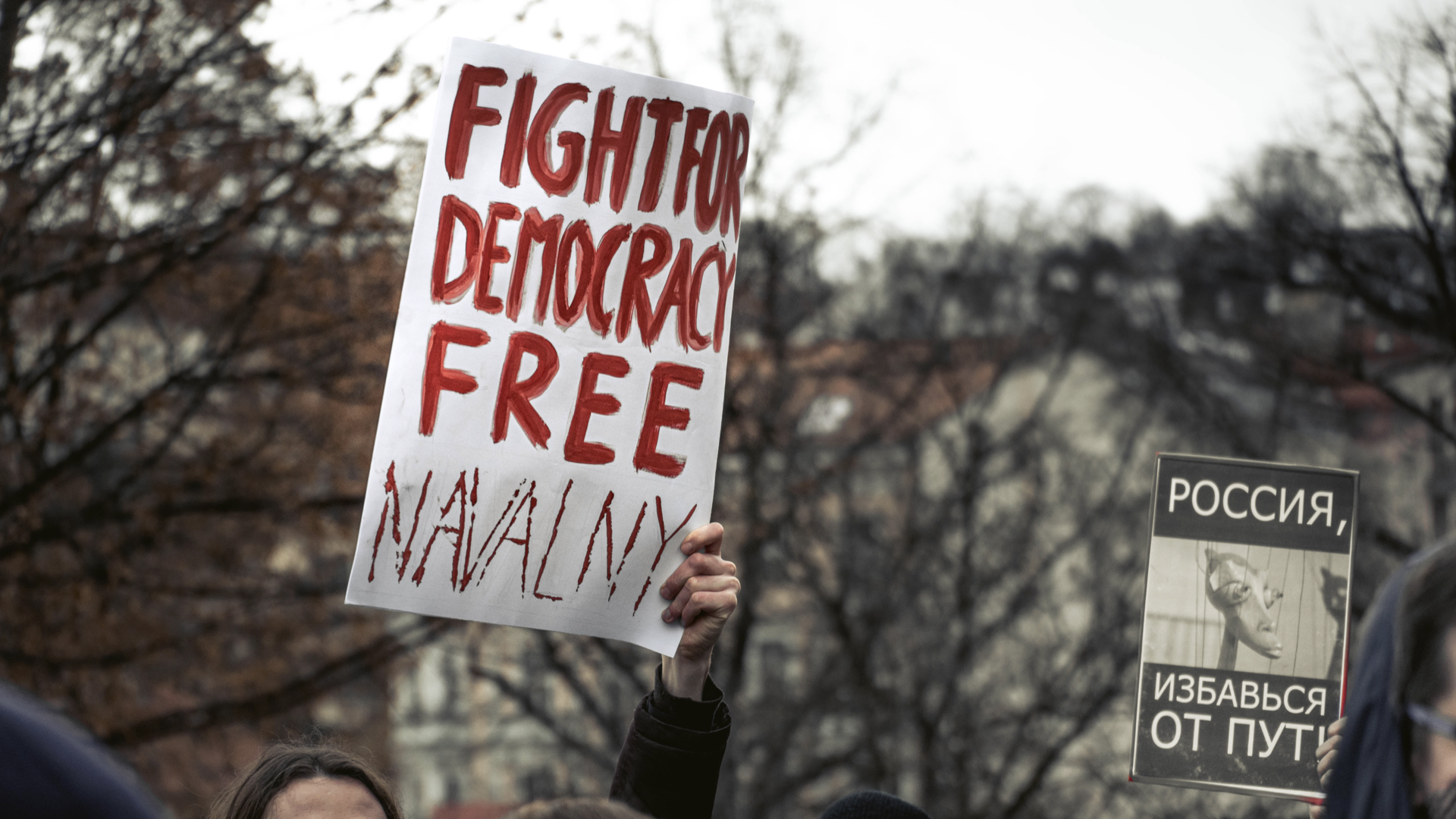
Bluhm: How would you estimate the level of public support for Putin and United Russia?
Kasparov: It’s a very hypothetical question, because Putin never participated in free and fair elections. He never took part in any debates.
We can speculate whether they will get 15 percent, 20 percent, but we know that when people had some competing candidates, like in Moscow—and with a very limited offer of opposition candidates, because all real opposition candidates have been ruined and removed from the lists—they often voted against United Russia candidates.
This regime will never face free and fair elections, because it’s alien to its nature.
Bluhm: The economy is getting worse, and many Russians took to the streets in January to support dissident Alexei Navalny, and yet Putin’s power seems secure. How is that?
Kasparov: The main source of his power is the money he controls. We can say with certainty that Putin controls more money than any other individual in human history. The funds that he could move probably reach over $1 trillion. When you start looking at the Russian budget, and all the funds that are under the control of the Russian government, and some of the oligarchs’ fortunes that naturally will follow Putin’s orders, it’s an insane amount of money.
That’s why his power is intact. The Russian population is not in a position now to rise, because dictatorships of that type never collapse without major geopolitical defeat.
Russia is a one-man dictatorship, and the dictator finds it convenient to use this procedure to keep some democratic decorations to cover his dictatorial powers.
Right now, the free world shows no political will to take on Putin. Some cosmetic sanctions and statements don’t really bother him, as long as the West is willing to play by his rules.
Putin knows that he can buy almost anyone. He is not shy to use this enormous financial power to buy favors, politicians, and businesspeople. Look at the influence that Putin exercises outside of Russia—if you told me 20 years ago that the KGB would be able to control so many layers of political, economic, and social life in the free world, I would have laughed in your face.
Bluhm: Other than the oligarchs, which groups or types of people still support Putin?
Kasparov: I don’t know. All the data collected in a dictatorship can be questioned. Many people are not comfortable saying what they think about Putin, because they grew up or were born in the Soviet Union. Speaking truths about power might be dangerous. Instincts are telling people not to reveal their true emotions.
We don’t know how many people support Putin. Even by the Kremlin’s data, this support has been shrinking. The fact that they have to add more and more votes to the United Russia tally tells you that this support has been steadily disappearing. With real opposition parties participating, the results could be very different.
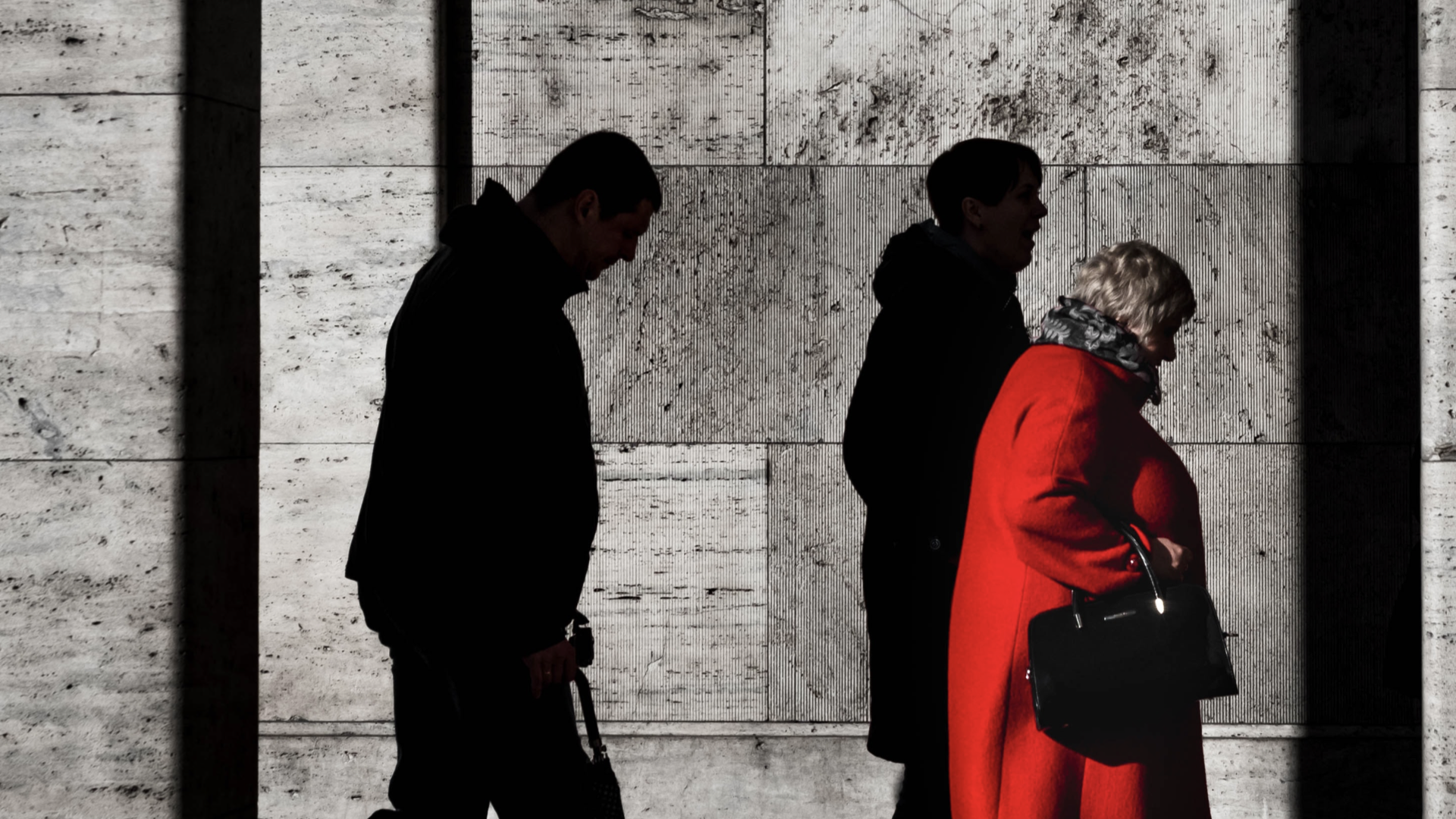
Now that there is less money available for distribution to citizens, because of the shrinking economy, and more falsified votes given to United Russia, the regime is getting more repressive. Anyone expressing his or her opinion about it, even with a tweet—or a retweet—can be prosecuted. You can spend two years in jail for a tweet if a local party boss or local KGB chief decides that it hurts him.
Bluhm: Is this why there were so few protests against an obviously stolen election?
Kasparov: Some of your readers might be confused that nobody protests against blatantly falsified elections, but they were born and raised in different countries. This is simply the work of fear: If you go to the street, then you end up in jail. That’s a clear message. Navalny is in jail. I’m in exile. [Former Deputy Prime Minister and longtime Putin critic] Boris Nemtsov was killed.
The regime demonstrated that it wouldn’t stop at any cost to suppress the protest. Now, it’s not just the leadership—now, anybody can be punished severely for any form of protest. People aren’t scared—people are terrified. The regime looks too strong, and there are no cracks in the regime, because Putin has enough money and there’s no geopolitical defeat.
In America, police brutality is a problem. In Russia, police brutality is the system.
No one challenges a dictator when he looks strong. He doesn’t have to be strong—he has to look strong. Any attempt to overthrow the dictatorship should be based on mass protests connected to a public that’s willing to take the risk. Right now, there’s no chance. You go to the street, you end up in jail. At best, you’ll be beaten, but most likely you will be arrested, and then your life is ruined. And what are the chances to change things? Minimal.s
Navalny was arrested despite all the support from the free world. Putin paid no attention, and nothing happened. It’s very demoralizing for anyone who thinks that the Putin regime must go.
Bluhm: Conditions in Russia are deteriorating. Prices are rising, wages are stagnating, and the economy is almost wholly dependent on exporting natural resources. How are these conditions changing the political dynamics?
Kasparov: Official numbers and reports on what’s left of the free internet in Russia all confirm what you just said: stagnant wages, the deterioration of living standards, and the coronavirus demonstrated the total collapse of the healthcare system.
Desperate people are not good material for an uprising. People have to survive. The regime has enough money to buy the loyalty of the army, the police, the security apparatus, and the bureaucrats. There are no signs of cracks in the regime.
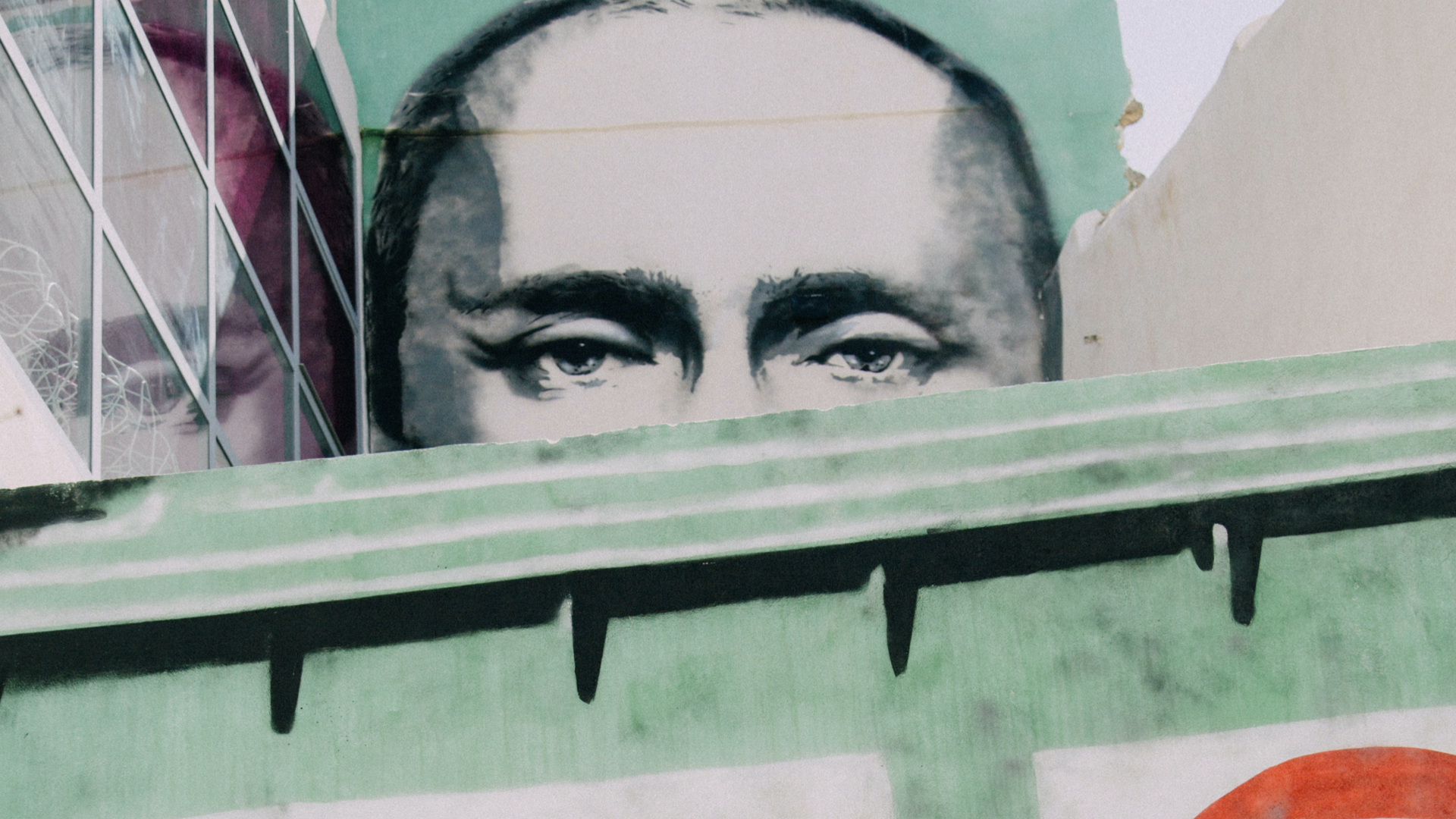
Let’s go back to the Gorbachev years. Oil prices dropped. Gorbachev was bankrupt. He needed Western credits. Putin doesn’t need it. He has enough gas, oil, and other natural resources to pay for his regime to survive.
The free world shows no appetite to cut this financial supply. Sanctions are mostly cosmetic. They don’t affect the well-being of the regime. There are no real actions against oligarchs. No matter what Germany said about the annexation of Crimea, since 2014, Germany has doubled the amount of Russian gas it consumes. For Putin, that’s a clear sign that nothing changes.
The Biden administration, with all its rhetoric, ended up lifting sanctions on Nord Stream 2. Nord Stream 2 is open, and it will start supplying gas, going around Ukraine and Poland, which will put Putin in an even more powerful geopolitical position in Eastern and Central Europe.
That sends a message to those bureaucrats and Russian officials who might be concerned about Putin losing touch with reality. There are no signs of him losing his geopolitical importance. As long as he looks—and I repeat the word looks—powerful, I don’t see any real challenge to him.
Bluhm: Regime critics held out some hope for the Smart Voting system, an app intended to consolidate the opposition vote in each district for one opposition candidate. But Google and Apple removed access to the app. Why did Google and Apple bend to Putin’s wishes?
Biden’s speech at the United Nations was a ton of good words, making a big statement that We’re no longer at war. That’s wrong. We are still in this never-ending conflict between democracy and an undemocratic world.
Kasparov: I don’t think this episode tells us anything new about Putin and about Google, Apple, and other Big Tech companies. They showed a total lack of compassion—an unwillingness to consider the well-being of people in dictatorial countries.
It’s hypocrisy and double standards. The same companies show their adherence to civil rights in the United States, but the violations are incomparable to Russia. In America, police brutality is a problem. In Russia, police brutality is the system.
Google and Apple are not paying any price for that. If you had the American public protesting against these companies’ behavior in Russia, China, and where regimes are threatening the well-being and the lives of those who are dissenting, then they might be considering a different algorithm of behavior. Now, it’s just business, and they feel that it benefits them.
They don’t want to endanger their offices, because Putin will not hesitate to go after people who work for Google or Apple in Moscow. The alternative is that you walk away. That would be the right moral choice, but they don’t even consider that, because there’s no price to pay in the American market.
They’re so aggressive in defending human rights and political freedom in America, and they turn a blind eye to dictators like Putin.
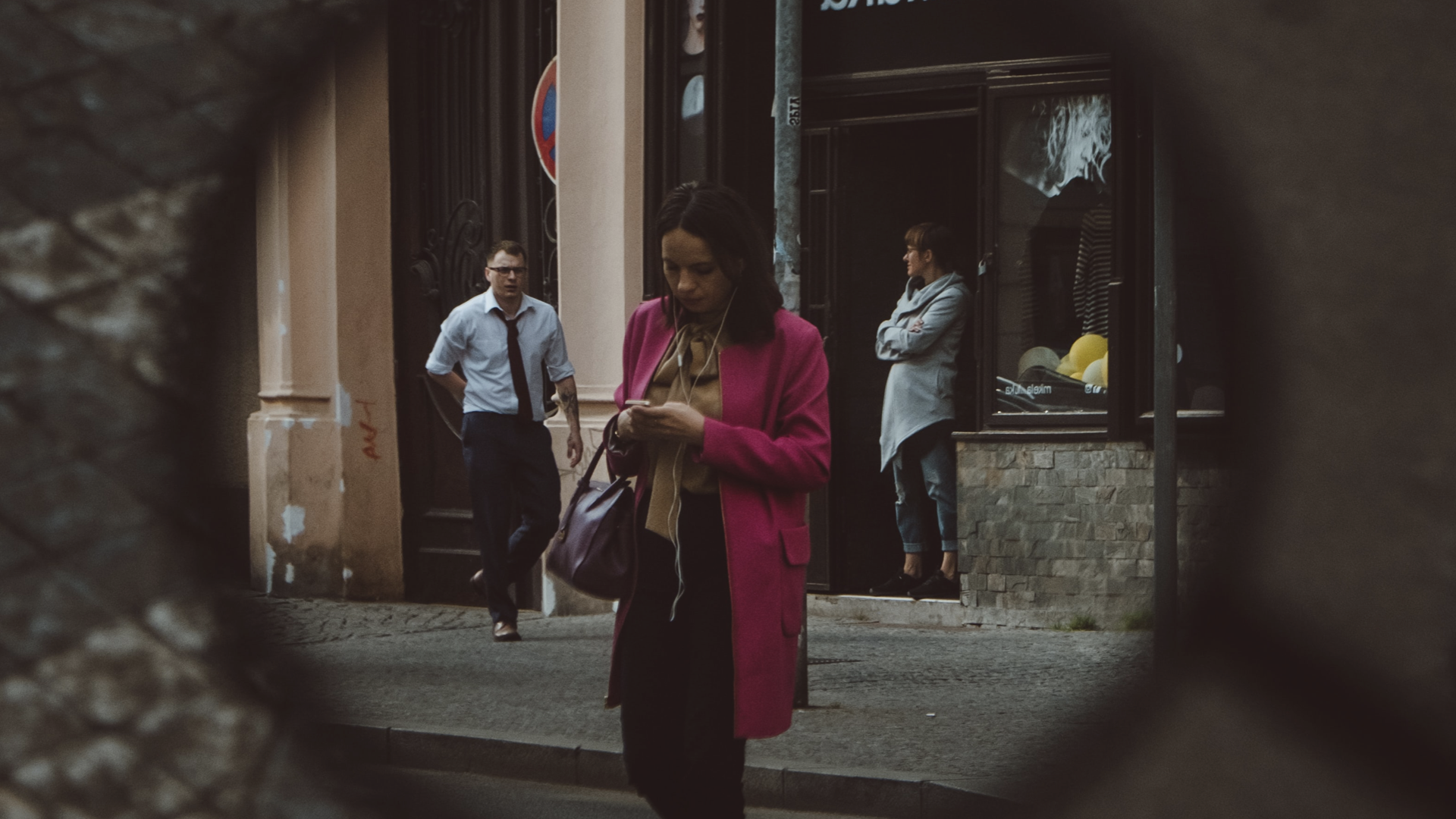
Bluhm: How is the Biden administration approaching Putin?
Kasparov: There’s no consensus in America about domestic policy, but the far left and far right, which have so much influence now in their respective parties, agree on diminishing America’s role worldwide. That’s why you don’t see much of a difference between Biden’s and Trump’s foreign policy.
Biden spoke so much about the league of democracy and defending human rights around the world, and his actions are the opposite. Words are cheap. Putin and Xi Jinping pay no attention to words. The authoritarian and totalitarian world thinks this administration is a paper tiger.
Biden’s speech at the United Nations was a ton of good words, making a big statement that We’re no longer at war. That’s wrong. We are still in this never-ending conflict between democracy and an undemocratic world.
I supported Biden. I thought that this administration could repair the damage made by Trump’s administration. So far, I see no difference. Biden just walked away from Trump’s sanctions on Nord Stream 2. I don’t know how sincere Trump was in imposing the sanctions, but at least they were in place.
Bluhm: What could the United States and European countries do to help undercut Putin’s power?
Kasparov: The problem in a globalized world is that you cannot ignore problems in Russia, China, or Afghanistan without paying a price at home.
Donald Trump is very much the creature of KGB interference in American elections. That’s the price that America paid for Obama’s unwillingness to confront Putin in Syria in 2013 and in Crimea in 2014.
Unless America takes the lead, the empty spots will be filled by dictators, thugs, and terrorists, and it will eventually backfire on you. No one is immune from events in other parts of the world.
You think that you can live this quiet life, protected by two oceans, but you’re wrong. Now, America is showing weakness; it’s like an open invitation to keep interfering in American political life. The divided American society is the best news for dictators around the world. On one side, Trump and his followers with the Big Lie and their outrageous policies. On the other side, the far left with their theories denigrating American democracy and history, which is another gift for dictators.
You have to fix things at home. Unless America takes the lead, the empty spots will be filled by dictators, thugs, and terrorists, and it will eventually backfire on you. No one is immune from events in other parts of the world. Separating American domestic affairs from international affairs doesn’t work any longer.
Bluhm: You mentioned Biden’s rhetoric about the world’s democracies banding together to confront autocracies such as Russia and China. At the same time, there’s evidence of democratic backsliding in the U.S. and other Western countries, and many powerful nations are now ruled by elected autocrats. What are the challenges to democracy today, and what should democracies be doing about the spread of autocracy?
Kasparov: I don’t know if we’ve reached the bottom, or there’s still room for us to fall further down. The threat to democracy comes from both extremes. The extremes on both sides of the political spectrum are chipping pieces from the center, decimating mainstream politics.
My biggest concern is that mainstream politics is not as strong as it has to be, and mainstream political parties are losing ground to either far-right or far-left extremist views.
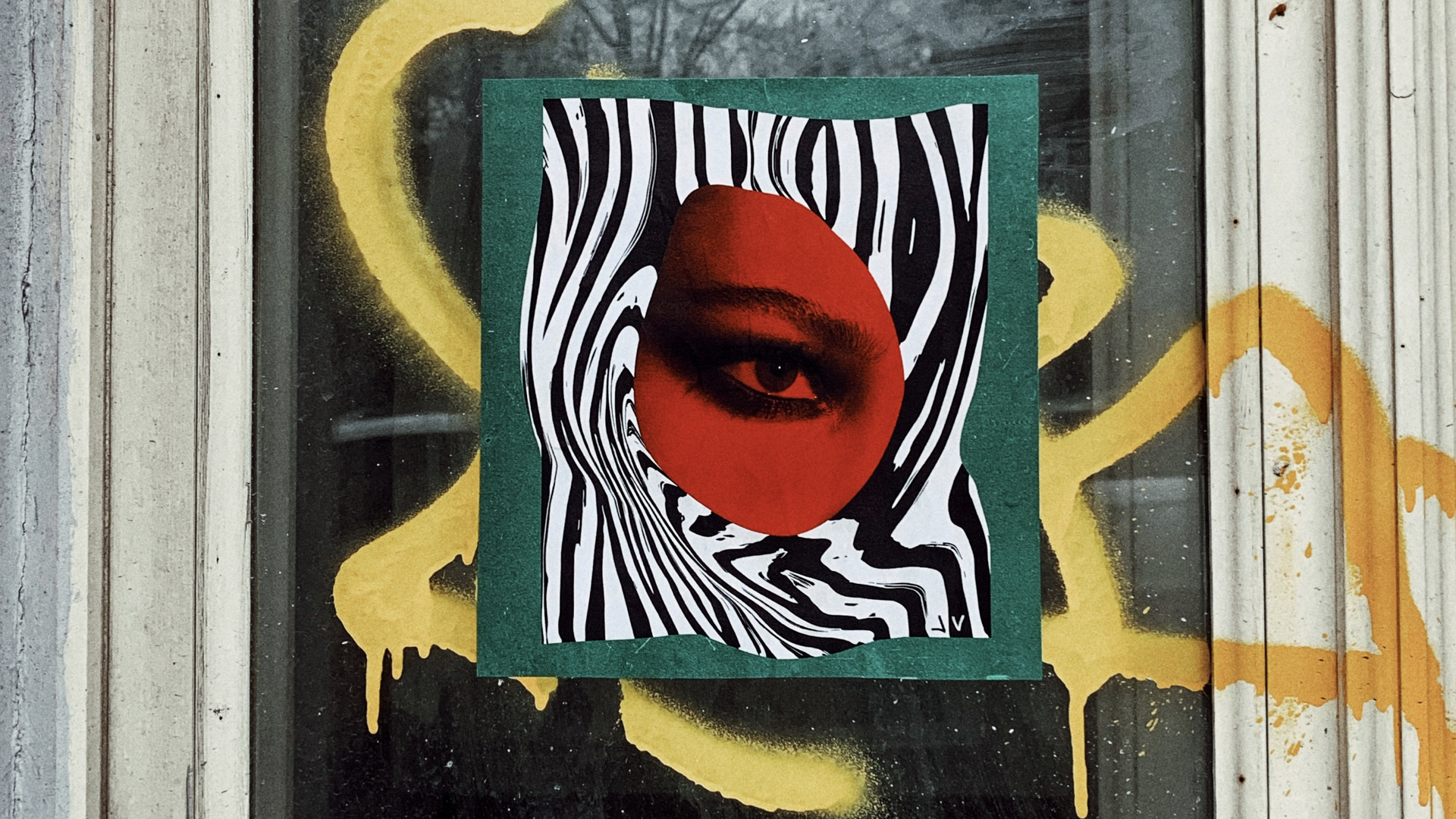
The strength of democracy is strategy. If we have a strategic view, we can rely on consecutive administrations to carry it through. This started with the Harry Truman administration that put policies and institutions in place, and it led to winning the Cold War 40 years later. Democrats and Republicans had consecutive presidents following this course.
Now, the free world has no policy, no vision for the future. There’s no strategy. We are playing reactive games rather than proactive, and dictatorial regimes are much better at quick responses to crisis.
Putin doesn’t care about consensus, Parliament, debates, free press, public opinion—he moves people and money instantly. In the United States, we go through endless debates. It’s good, as long as we understand the purpose of it. Now, the free world is stuck with no vision of the future and never-ending fights for the immediate benefits of the political parties.
Obama, Trump, and Biden were not presidents of the United States—they were presidents of their parties. This divide is not going to be healed in the foreseeable future. That is the biggest problem.
America has to wear the mantle of a global leader. America out of global politics is a recipe for disaster. But it’s impossible for America to take the lead unless you understand what America is, why American democracy is worth saving, and how we are going to move forward.
There are so many questions to be answered by reasonable people in the middle of this turmoil, and right now I see very little happening in the political center to recover the traditional strengths of democracy.

